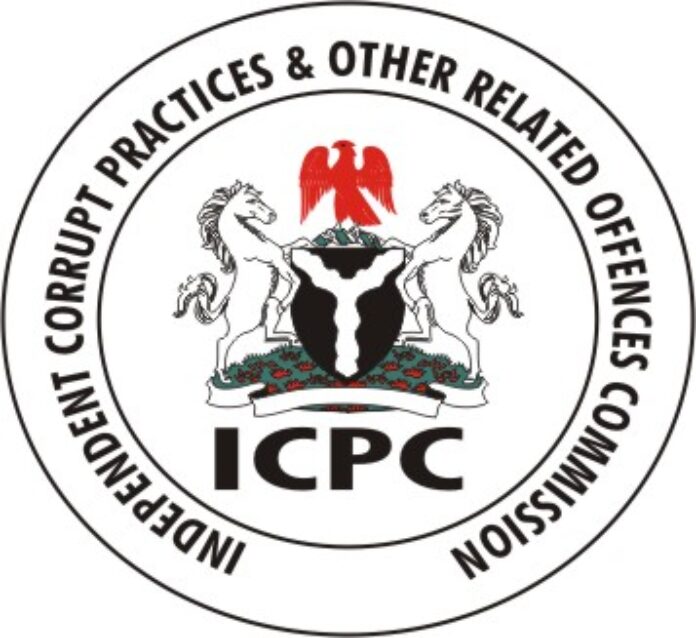A Federal High Court sitting in Asaba, Delta State has upheld the powers of the Independent Corrupt Practices and Other Related Offences Commission (ICPC) to investigate and prosecute officials of Delta State Government who allegedly engage in corrupt acts.
The Attorney-General of the State had filed a suit challenging the powers of the Commission under Sections 6 and 28 of the Corrupt Practices and Other Related Offences Act 2000 (ICPC Act) to investigate State finances and invite Delta State officials for interviews in the course of investigations.
The Plaintiff in the Suit FHC/CS/165/2023 also contended that by Sections 120, 121, 122, 123, & 125 of the 1999 Constitution of the Federal Republic of Nigeria (as amended), it is only the Delta State House of Assembly and the Auditor General of Delta State that have the powers to look into the State’s finances and demand for documents.
However, ICPC argued that Sections 6 and 28 of the ICPC Act 2000 empower the Commission to exercise its enforcement function on “any person” including state government officials.
The Commission, represented by the Director of Legal Services Department, Mr. Henry Emore, stressed that the ICPC Act 2000 does not discriminate between the State Government and the Federal Government in the fight against corruption. Furthermore, there is no conflict between the provisions of Sections 6 and 28 of the ICPC Act and Sections 120-125 of the Constitution; the two are rather, complementary.
In his judgement on Wednesday, Justice F. Olubanjo of the Federal High Court, Asaba Division agreed with the submissions of ICPC in its entirety and held that Nigeria practised cooperative federalism; and as such the fight against corruption is a function of both the States and the Federal Government.
He also noted that the issues before the Court had been settled in a plethora of appellate decisions, among which is the Supreme Court Judgement in AG ONDO STATE VS AG FEDERATION &36 ORS.
The suit was therefore dismissed with no cost awarded.










